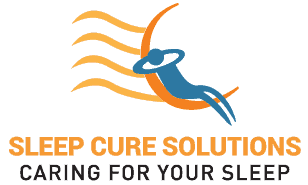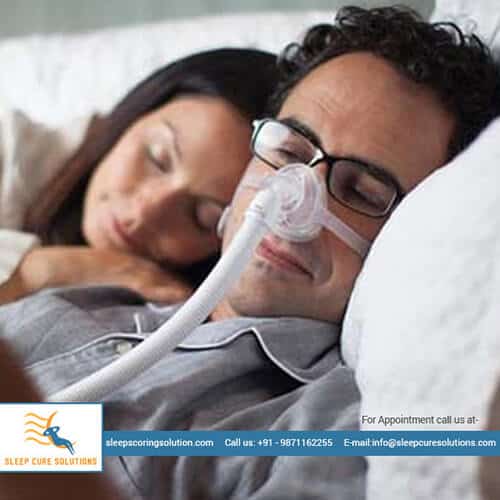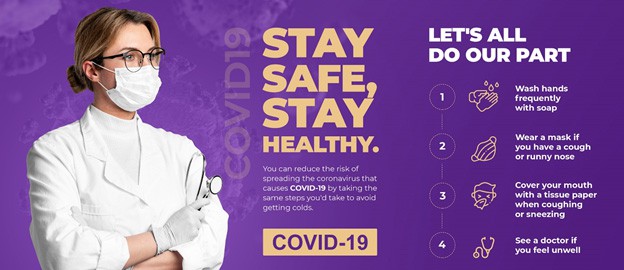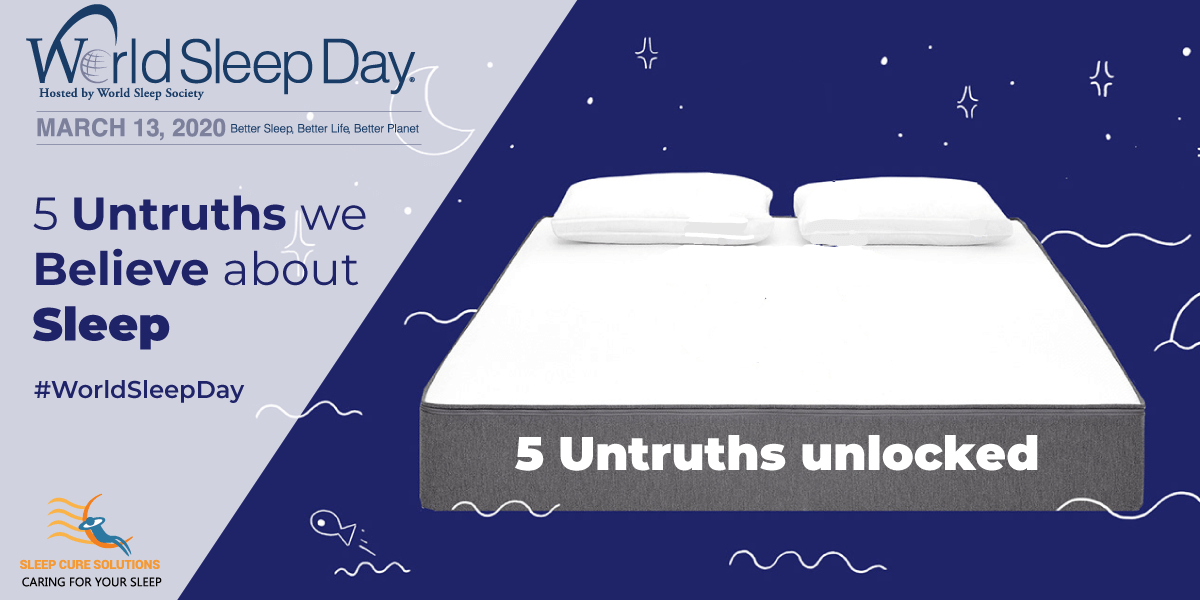Sleep apnea is a little like the mosquitoes that hide in the corners of our bedrooms and get on us once we fall sleep. They bite and make sleeping difficult – and in some cases, make hospitalization necessary.
May be it’s the fear for sleep apnea or the sheer denial that make people weave up several myths around it, which over time engulf our very imagination and make us less likely to seek the treatment. It is important therefore to debunk these myths – so that we can learn more about sleep apnea and seek the treatment before it gets worse.
Here are five common myths around sleep apnea that people seem to believe, but are not more than fragments of their imagination.
1. Sleep apnea is just a fancy doctor term for snoring
It is not. And though snoring and sleep apnea are two different things altogether, they’re close bedfellows as well. Snoring doesn’t guarantee a presence of sleep apnea – but they both have their origins in the obstruction in the respiratory tract. The reason loud and persistent snoring is often a first sign of sleep apnea is because the obstruction can also make you stop breathing for multiple seconds – often hundreds of times throughout the night.
2. Only older people get it
It’s one big myth around sleep apnea. The truth is anybody can have sleep apnea, and not just your grandpa and granny. Ever seen a little kid snoring, looks cute right? But chances are he might have childhood obstructive sleep apnea which, if not diagnosed and treated, can have serious implications on his overall health. Though sleep disorders become more common after 40, they don’t spare kids, teenagers, and youngsters as well.
3. I need not to be worried about it
If left untreated, sleep apnea can be incredibly dangerous. It reduces your daytime alertness and makes you more prone to fall asleep at the wheel. Your chances for work related injuries, car accidents and other fatal events go up automatically. Additionally, it ups your likelihood to get heart strokes, heart diseases, hypertension, diabetes, and what not – so be smart and seek treatment today for your sleep apnea.
4. Can fix it with a little whiskey
Gone are the days when whiskey was the solution of everything disturbing. It’s not the case any longer. Alcohol, in fact, can aggravate the whole situation since it helps relax the muscles in the back of your throat which can obstruct your airways even further. Today, you can better use it – in extreme moderation –for a little social lubrication. For sleep apnea and other sleep disorders, there’re way better treatments available.
5. It needs a surgical intervention
The truth is you won’t need a surgery in most of the cases. The sleep science has developed a fine range of alternative treatments to help people struggling with sleep apnea. Surgical help is asked for only in some rare cases. Continuous Positive Airway Pressure or CPAP is the most common and effective sleep apnea therapy that helps alleviates nearly all symptoms of sleep apnea – it also reduces your risks for heart attack and other cardiovascular diseases. So, what are you waiting for? If it’s sleep apnea that seems to have created a mess in your life and of your bed partner’s try speaking with a sleep specialist.
Save



